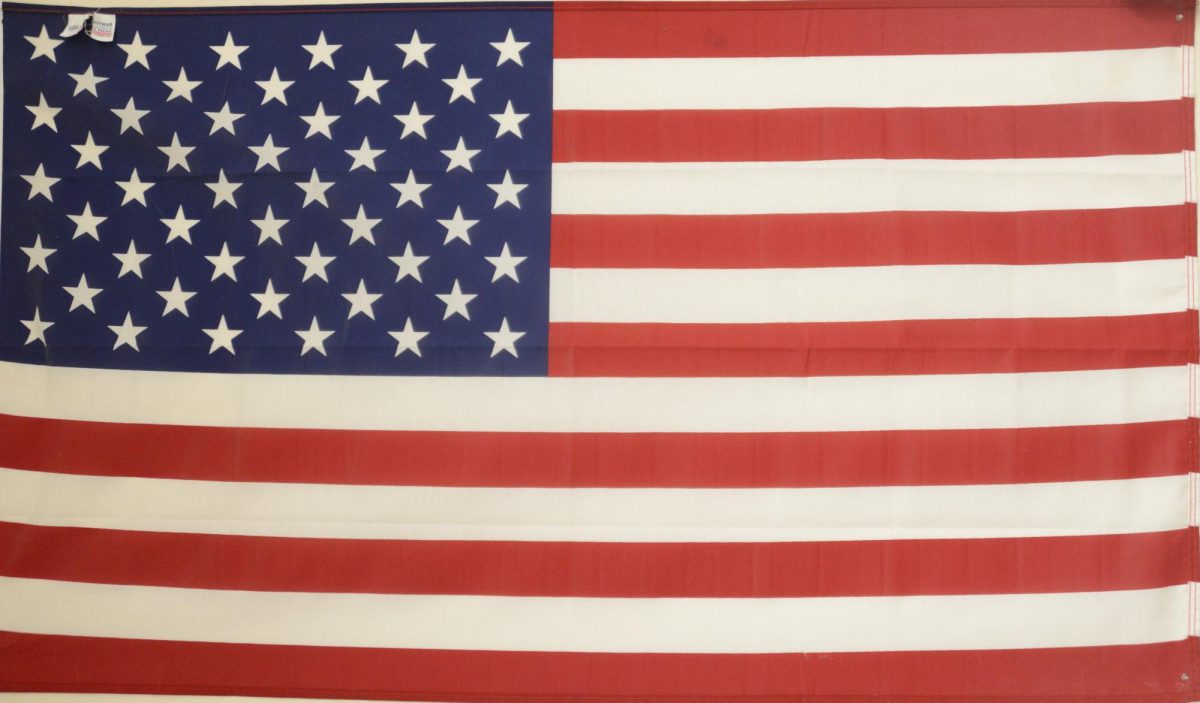The springtime semester is a very important time for many of the country’s top universities. With graduation lying just a few weeks away, ceremonies and shows are held almost daily to commemorate and wrap up the 2024 school year.
But a problem has recently arisen during many of these celebrations, and that problem is protests. While students have every right to protest, some argue that a line is being crossed with how these protests are held.
These protests are supporting the Palestinians in the war against Israel. However many of these protests have disrupted the college’s ability to operate peacefully.
Colleges such as the University of Virginia, Columbia University and Dartmouth have experienced these massive protests, and have been forced to delay lectures and ceremonies. 217 arrests have been made in Columbia alone due to the protests, while Dartmouth has had 90. More than 2,100 people throughout the whole country have been detained.
Body-cam footage from an officer was released showing violent and chaotic processions including protesters lined up in front of classrooms and lecture halls. This disables the proceeding of any classes at colleges and universities. Many people attending the college are paying thousands of dollars to attend these classes.
Many of these universities affected by the large-scale protests are requesting a constant police presence, at least until mid-May when school is out for the summer. This is to prevent the protests from getting into a violent manner again.
“Total mayhem, what if everything broke loose? They (police officers) can do it quicker. And of course, safety for the students.” Richard Sears said.
A commonly debated question is raised out of this chaos, how far does the right to protest go? Are students allowed to protest on school grounds?
While the Constitution states that every citizen has the right to protest, all rights are limited to maintain order and peace. Almost annually, the nation sees new protests that push this right and force a topic of debate upon the minds of bystanders.
This year’s protests are of particular interest because while they do take place on public property, they are limiting students’ rights to attend their classes and ceremonies. Band concerts at the Univeristy of Virginia were interrupted by protesters marching. Graduation ceremonies have been held just yards away from these protests.
A student paying thousands yearly to attend college holds the right to get what they pay for, and the protesters also hold the right to protest, peacefully. Yet many of the protesters are people who do not attend the college. This raises tensions and forces the US government to react to the protests.
President Joe Biden said in a conference at the White House on May 2 that, “people have the right to get an education, the right to get a degree, the right to walk across campus safely without fear of being attacked”.
Biden also addressed that while the protestors do hold the right to protest, they do not have the right to cause chaos.
In New York colleges have been striking deals with protestors to fend off large protests and allow graduation ceremonies to commence peacefully. Some of these deals include the colleges reconsidering their investments in Palestine. While these talks of reinvestments are common in the universities, no promises have been made and protests continue at many of the campuses.

